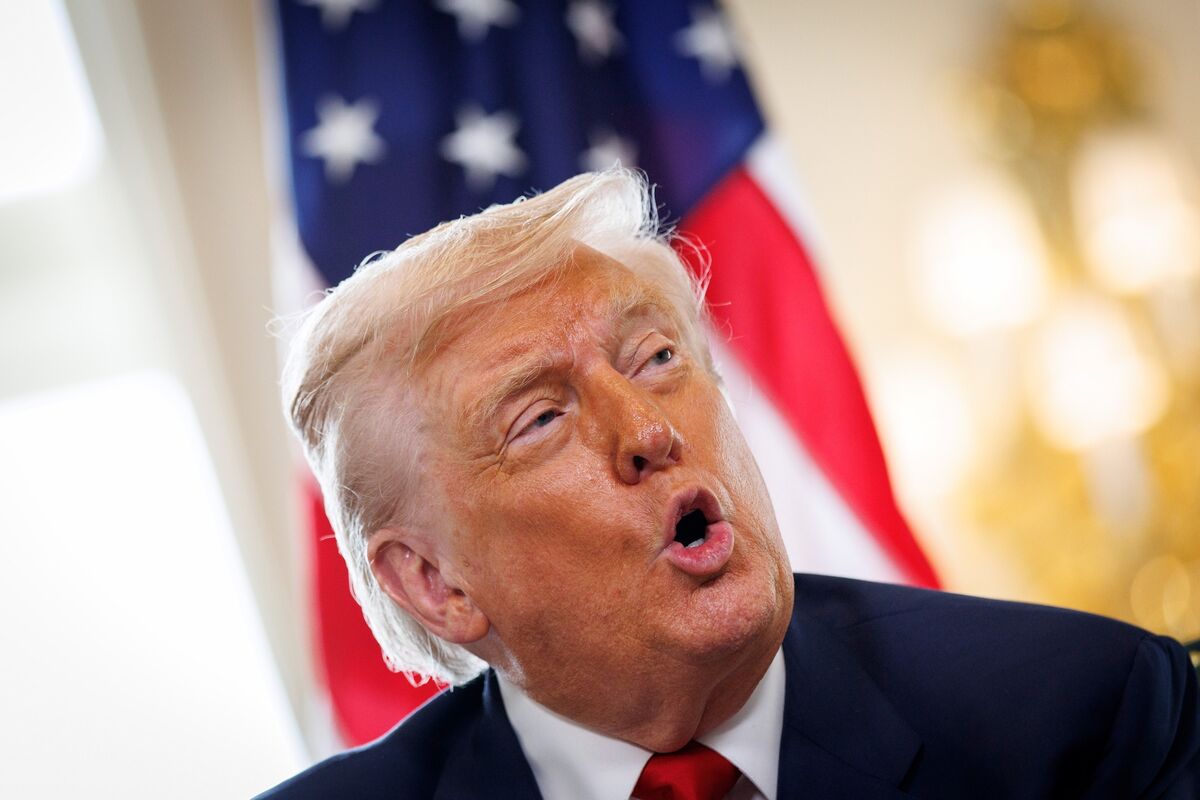US President Donald Trump is taking decisive steps to pressure Vladimir Putin regarding the ongoing conflict in Ukraine. Following the announcement of a substantial 25% tariff on India for its purchases of Russian oil, the Trump administration is exploring additional measures aimed at curbing Moscow’s influence.
Officials indicate that the administration is considering new sanctions targeting Russia’s covert fleet of oil tankers. This fleet has been instrumental in allowing Russia to circumvent existing US and European sanctions, thereby facilitating the ongoing war in Ukraine. According to sources familiar with the discussions, these sanctions may extend to several entities that support the operation of this clandestine fleet.
The timing of these developments coincides with a recent meeting held at the Kremlin between Vladimir Putin and US envoy Steve Witkoff. While details of the discussions remain sparse, a Russian official stated that the two exchanged “signals” regarding Ukraine, hinting at the complexities of diplomatic negotiations.
Impact on Russian Oil Transport
The focus on Russia’s shadow fleet underscores the significance of these vessels in the country’s oil export strategy. Andriy Yermak, chief of staff to Ukrainian President Volodymyr Zelenskiy, described the shadow tanker fleet as “the backbone of Russia’s sanctions evasion and war financing.” This characterization highlights the critical role these tankers play in enabling Russia to maintain its oil exports despite international efforts to impose economic pressure.
By targeting this fleet, the Trump administration aims to disrupt one of Russia’s primary methods for transporting oil, complicating its ability to fund its military operations in Ukraine. The proposed sanctions, if implemented, could have a significant effect on the global oil market, particularly as many countries navigate their own energy needs in the wake of the conflict.
The announcement of the new tariffs on India represents a broader strategy by the United States to align its foreign policy with the goal of supporting Ukraine. By pressuring countries that engage in oil trade with Russia, the US hopes to foster a more united front against the Kremlin’s actions.
Reactions and Future Implications
The imposition of tariffs on India has sparked varied reactions among international observers. While some view it as a necessary step to hold Russia accountable, others express concern about the potential impact on global oil prices and the economies of nations reliant on Russian oil.
As the situation continues to evolve, the response from both Russia and India will be critical in shaping the next phase of this geopolitical landscape. With ongoing discussions and potential sanctions looming, the dialogue between the US and its allies will likely intensify in the coming weeks.
The unfolding developments emphasize the interconnectedness of global politics, economics, and energy security. As President Trump moves forward with these initiatives, the implications for international relations and the stability of the oil market will be closely monitored by analysts and governments alike.








































































